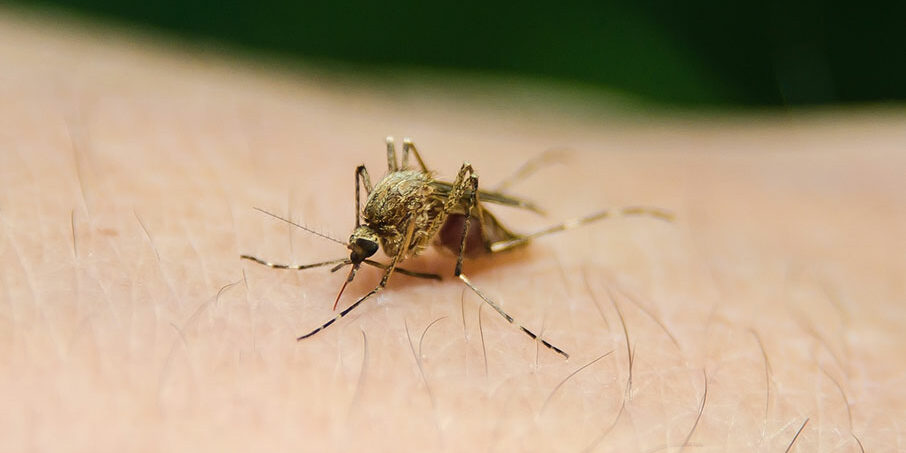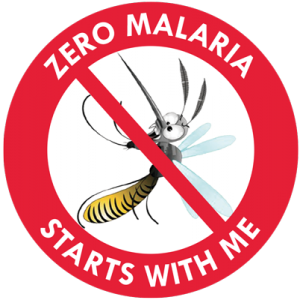World Malaria Day 2019: Zero Malaria Starts With Me

 World Malaria Day
World Malaria Day
April 25 is World Malaria Day. “Zero Malaria Starts With Me” is the 2019 theme. Read on to learn more about Malaria, the people impacts around the world, and what we can all do to protect ourselves.Symptoms of Malaria
Malaria is a serious and sometimes fatal mosquito-borne infectious disease. The disease is caused by a parasite. The parasite commonly infects a certain type of mosquito which feeds on humans. People who get malaria are typically very sick with high fevers and flu-like illness, which is why you should speak with a Cincinnati mosquito control professional to see what your options are.
Malaria symptoms usually begin ten to fifteen days after being bitten by an infected mosquito. These symptoms typically include fever, fatigue, vomiting, and headaches. In severe cases it may also cause yellow skin, seizures, coma, or death. Children under five often have anemia that can be due to malaria. Treating these children with antimalarial medications may slightly improve red blood cell counts, but doesn’t impact the need for hospitalization or mortality rate.
If not properly treated, people may have recurrences of the disease months later. In those who have recently survived an infection, reinfection usually causes milder symptoms.This partial resistance disappears over months to years if the person has no continuing exposure to malaria.
Transmission of Malaria
Malaria is transmitted to humans by female mosquitoes of the genus Anopheles. Female mosquitoes take blood meals for egg production, and these blood meals are the link between the human and the mosquito hosts in the parasite life cycle. The development of the malaria parasite in the mosquito depends on several factors.
The most important factors are the ambient temperature and humidity. Higher temperatures will accelerate the growth rate of the parasite in mosquitoes.
Another factor is whether the mosquito survives long enough for the parasite to develop. Adult female Anopheles mosquitoes can live up to a month or more in captivity, but most only live for about two weeks. The parasite takes between 9 to 18 days to fully develop in the mosquito host. Unlike human hosts, the mosquito does not suffer noticeably from the presence of the parasites.
Countries at Risk of Malaria
Malaria is a serious public health concern worldwide. It is a leading cause of death and disease in many developing countries. Young children and pregnant women are the groups that are most affected.
According to the World Health Organization’s World Malaria Report 2017, nearly half the world’s population lives in areas at risk of malaria transmission in 91 countries and territories. The report also laid out additional facts about malaria for the prior year.
- 216 million cases of malaria were reportedly treated in clinics.
- Malaria caused more than 450,000 deaths.
- Roughly 90% of deaths in were in African countries.
Malaria in the United States
Malaria has been essentially eradicated in the US. Reports of locally transmitted cases of malaria have been small and relatively isolated. However, there’s a potential risk for the malaria to re-emerge due to the abundance of competent vectors. This is especially true in the southern states.
According to the CDC, approximately 1,700 cases of malaria are diagnosed in the United States annually. The majority of those cases are found in people that have traveled outside the US and returning from countries where malaria transmission occurs, such as sub-Saharan Africa and South Asia.
Malaria Vaccine
Until recently, there was no vaccine for malaria. Malawi began rolling out the new vaccine to children under two on April 23, 2019. This malaria vaccine, RTS,S, is given in a series of four injections over 18 months. Ghana and Kenya will also take part in the pilot program, which is being backed by the World Health Organization (WHO). The program could immunize more than one million children by 2023.
Mosquito Bite Prevention is the Key
Prevention of malaria can be more cost-effective than treating the disease in the long run. Sadly, many of the areas most effected are some of the poorest areas in the world. They may not be able to afford to take proactive steps to protect against mosquitoes. In some of these areas the cost of preventative measures could be more than a quarter of their public health budgets.
How We Can Help
We can still do our part by educating ourselves and taking precautions when traveling. Things we can do include: preventing mosquito bites, using appropriate mosquito control procedures, and taking anti-malaria medications.
Here in the states, using mosquito control and preventing mosquito bites goes a long way in preventing the spread of all vector-borne illnesses.

 World Malaria Day
World Malaria Day